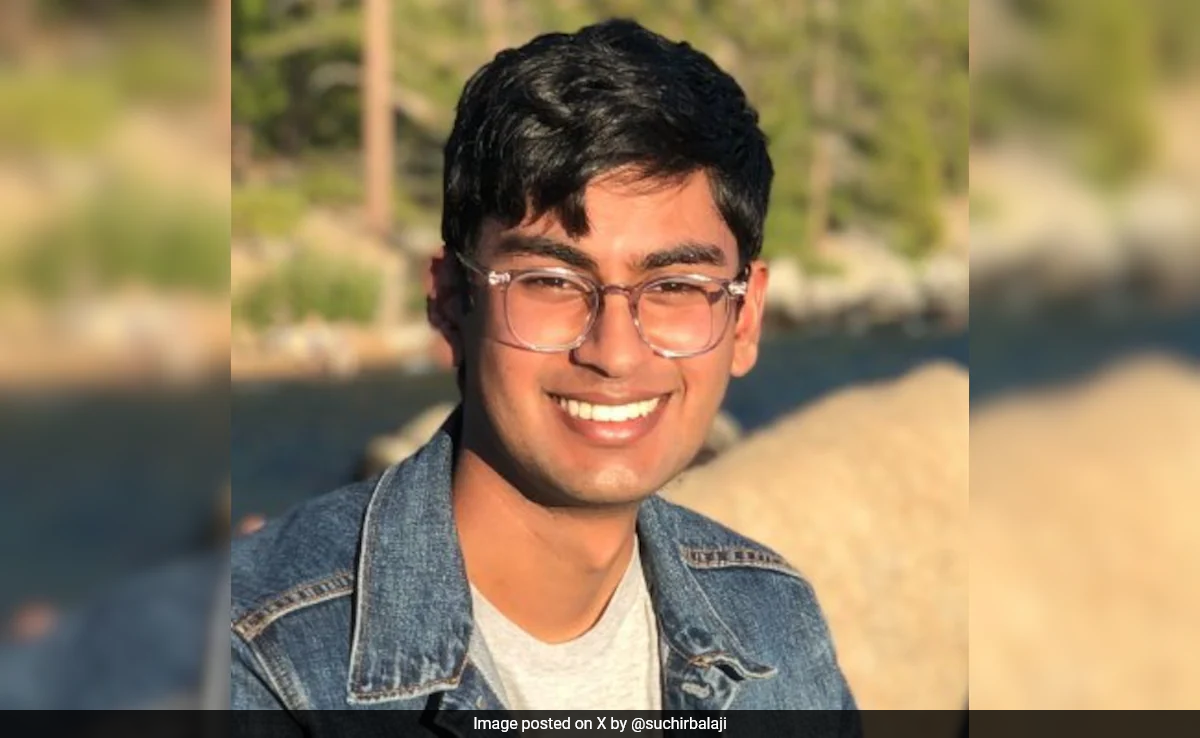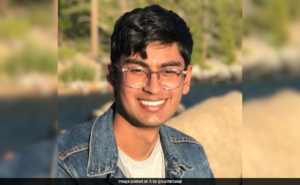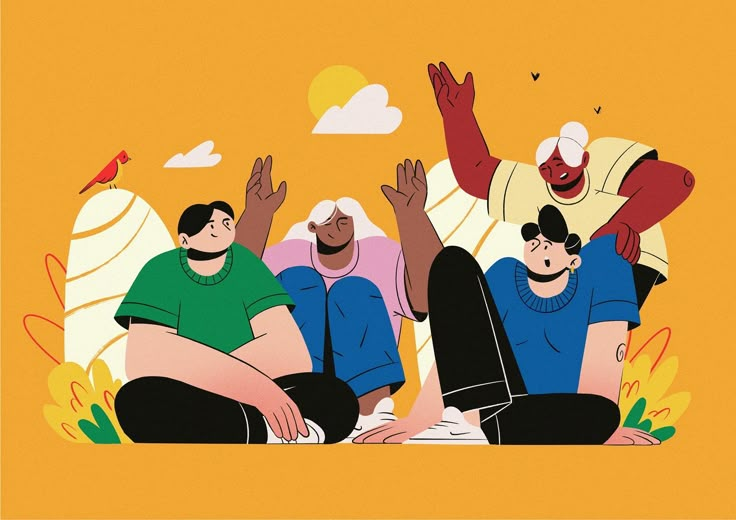The tech world is in shock following the untimely death of Suchir Balaji, a 26-year-old former OpenAI researcher. Balaji, who left OpenAI earlier this year after voicing concerns about the company’s use of copyrighted content, was found dead in his San Francisco apartment on November 26, 2024. The San Francisco Police Department confirmed the cause of death as suicide, with no evidence of foul play.
Balaji’s death has drawn significant attention, given his role as a whistleblower against OpenAI and his involvement in legal battles concerning the ethical practices of generative AI.
Table of Contents
Balaji’s Role in AI and Copyright Controversy
Key Witness in a Lawsuit Against OpenAI
Balaji, who spent four years at OpenAI, including over a year working on ChatGPT, became a central figure in ongoing lawsuits against the company. As a whistleblower, he criticized the AI industry’s reliance on copyrighted content to train generative AI models, claiming that such practices violated copyright laws.
In a letter filed in federal court on November 18, attorneys for The New York Times named Balaji as a key witness, citing his possession of “unique and relevant documents” essential to their case against OpenAI. Balaji’s whistleblowing coincided with a surge of lawsuits by writers, journalists, and programmers accusing OpenAI of illegally using their content to develop AI models like ChatGPT.
Balaji’s Views on AI Ethics

“Fair Use” Defense Under Scrutiny
In an interview with The New York Times, Balaji expressed skepticism about the AI industry’s reliance on the “fair use” defense. He shared:
“Fair use seems like a pretty implausible defense for a lot of generative AI products, for the basic reason that they can create substitutes that compete with the data they’re trained on.”
Balaji acknowledged his initial lack of knowledge about copyright law but became deeply interested in the subject after witnessing the rising wave of lawsuits against AI companies. His insights have raised important questions about the ethical boundaries of AI development.
Elon Musk Reacts to Balaji’s Death
Cryptic Posts Stir Speculation
Elon Musk, CEO of Tesla and SpaceX, reacted to the news of Balaji’s death with a cryptic “hmm” post on X (formerly Twitter). Musk, currently embroiled in a legal battle with OpenAI, also shared a video of Microsoft CEO Satya Nadella discussing the company’s investment in OpenAI, further fueling speculation about his stance on the company’s practices.
Musk’s Legal Battle with OpenAI
Allegations of Betrayal and For-Profit Ambitions
Musk, an early investor and board member of OpenAI, has been a vocal critic of the company’s shift from a nonprofit research lab to a for-profit enterprise. Earlier this year, Musk filed a lawsuit against OpenAI, alleging that it had strayed from its original mission to benefit the public. He also accused OpenAI and its major investor, Microsoft, of using his donations to establish a monopoly, allegedly targeting his own AI company, xAI.
In a recent legal filing, Musk sought to block OpenAI’s transformation into a for-profit company. OpenAI fired back, accusing Musk of attempting to derail its mission to develop safe and beneficial AI, describing his actions as hypocritical.
Implications for the AI Industry
Balaji’s Death Raises Fresh Scrutiny
Balaji’s passing has intensified debates over the ethical practices of the AI industry. As lawsuits against OpenAI continue to unfold, his warnings about the misuse of copyrighted content and the lack of accountability in AI development are gaining renewed attention.
With Musk’s legal battle adding another layer of complexity, the future of generative AI and its ethical boundaries remain uncertain. Balaji’s tragic death serves as a stark reminder of the challenges and controversies that surround the rapidly evolving AI landscape.
Timeline of Key Events
- August 2024: Balaji exits OpenAI, citing disagreements over AI practices.
- November 18, 2024: Balaji is named a key witness in lawsuits against OpenAI.
- November 26, 2024: Balaji found dead in his San Francisco apartment; police confirm suicide.
- Ongoing: Musk’s legal battle with OpenAI continues to escalate.








